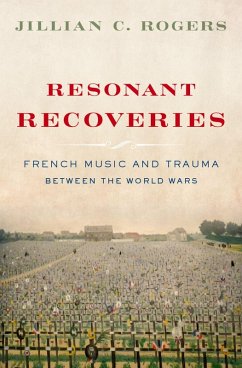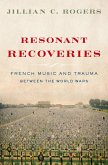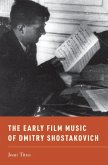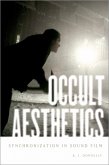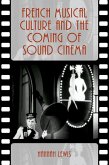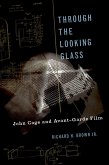Coping with trauma and the losses of World War I was a central concern for French musicians in the interwar period. Almost all of them were deeply affected by the war as they fought in the trenches, worked in military hospitals, or mourned a friend or relative who had been wounded, killed, or taken prisoner. In
Resonant Recoveries, author Jillian C. Rogers argues that French modernist composers processed this experience of unprecedented violence by turning their musical activities into locations for managing and performing trauma. Through analyses of archival materials, French medical, philosophical, and literary texts, and the music produced between the wars, Rogers frames World War I as a pivotal moment in the history of music therapy. When musicians and their audiences used music to remember lost loved ones, perform grief, create healing bonds of friendship, and find consolation in soothing sonic vibrations and rhythmic bodily movements, they reconfigured music into an embodied means of consolation--a healer of wounded minds and bodies. This in-depth account of the profound impact that postwar trauma had on French musical life makes a powerful case for the importance of addressing trauma, mourning, and people's emotional lives in music scholarship. This is an open access title available under the terms of a CC BY-NC-ND 4.0 licence. It is free to read at Oxford Scholarship Online and offered as a free PDF download from OUP and selected open access locations.
Dieser Download kann aus rechtlichen Gründen nur mit Rechnungsadresse in A, B, BG, CY, CZ, D, DK, EW, E, FIN, F, GR, HR, H, IRL, I, LT, L, LR, M, NL, PL, P, R, S, SLO, SK ausgeliefert werden.

